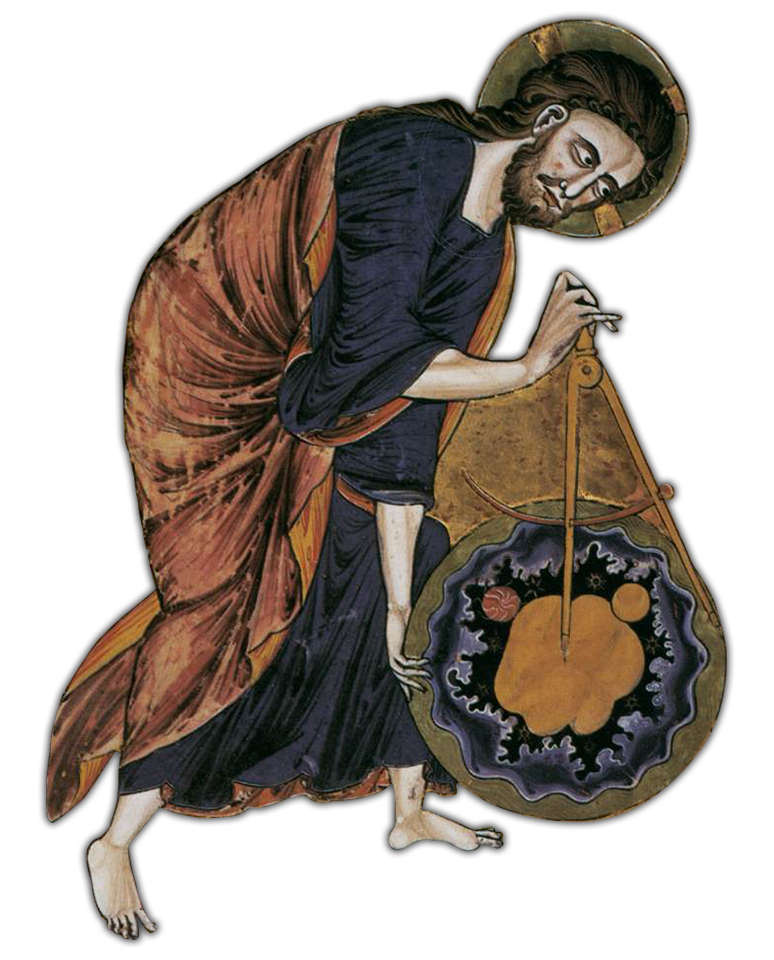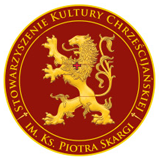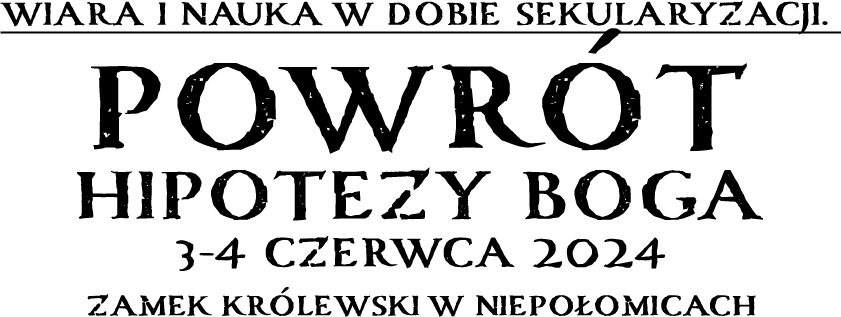
Jest profesorem biologii molekularnej na Biola University w Los Angeles oraz założycielem Biologic Institute oraz pisma BIO-Complexity. Posiada doktorat z Kalifornijskiego Instytutu Technologicznego (Caltech). Był stypendystą i wykładowcą Uniwersytetu w Cambridge (UK). Jego badania na temat ewolucyjnych ograniczeń białek były publikowane w prestiżowych pismach naukowych, włączając Nature, Journal of Molecular Biology; Proceedings of the National Academy of Sciences; BIO-Complexity. Jest autorem m. in. książki Niepodważalne (En Arche 2021) oraz rozdziału Mały silniczek Darwina, który nie mógł (Pismo Fronda, 2013/67).
Jest dominikaninem, teologiem fundamentalnym, wykładowcą Collegium Intermarium i współpracownikiem Fundacji En Arche. Zajmuje się badaniem relacji wiary i nauki, teorią inteligentnego projektu oraz filozofią św. Tomasza z Akwinu. Jest autorem m.in. Kościół a ewolucja (Fronda 2012), Stworzenie czy ewolucja? Dylemat katolika (Fronda 2014) oraz Św. Tomasz z Akwinu a ewolucja (Derewiecki, 2019). Publikował w Do Rzeczy, Christianitas, Frondzie.


Jest członkiem Discovery Institute w Seattle. Posiada bakalaureat z dziedziny fizyki z Massachusetts Institute of
Technology oraz doktorat z fizyki z Duke University. Jego zainteresowania obejmują badania w dziedzinie Inteligentnego Projektu, zwłaszcza początków życia. Dr Miller jest stałym felietonistą portalu Evolution News oraz Science Today oraz gościem podkastów Inteligentny Projekt - Przyszłość (ID the Future).
Jest wykładowcą Katolickiego Uniwersytetu Ameryki w Waszyngtonie, pracownikiem Heritage Foundation oraz starszym członkiem Discovery Institute. Posiada doktorat w dziedzinie filozofii analitycznej. Jego badania obejmują obszar relacji wiary i nauki. Jest autorem m.in. książki Wyjątkowa Planeta (En Arche, 2021) oraz redaktorem antologii God and Evolution (Bóg i ewolucja) (Discovery Institute, 2010). Regularnie występuje w mediach chrześcijańskich, zabierając głos w aktualnych sprawach społecznych. Jest także współzałożycielem i redaktorem portalu The Stream.


Szanowni Państwo,
Zapraszamy na konferencję:
„Wiara i nauka w dobie sekularyzacji. Powrót hipotezy Boga”
To już niedługo, bowiem od 3 do 4 czerwca 2024 roku na Zamku Królewskim w Niepołomicach spotykamy się, aby zgłębiać fascynujący świat relacji pomiędzy tym, co nadprzyrodzone, a tym, co dane jest poznawać naszym zmysłom.
Nasza konferencja jest wydarzeniem unikalnym, ponieważ zapraszamy naukowców, którzy są wybitnymi specjalistami w swoich dziedzinach a jednocześnie bezkompromisowo wyznają wiarę w Chrystusa.
W tym roku dzięki wysiłkowi organizatorów: Stowarzyszenia Im. Ks. Piotra Skargi z Krakowa, Instytutowi Steno Wiara i Nauka oraz Amerykańskiemu Discovery Institute będziemy mogli gościć w podkrakowskich Niepołomicach fizyka, biologa, filozofa i teologa.
Key information
Once your application has been successful, you will receive by email a link to make a deposit for the organisation of the conference. Participants whose application has been verified are requested to make a donation of PLN 300 to cover the basic costs associated with the event (accommodation, food, conference materials, etc.).
Once you have made your donation, you will receive confirmation of your attendance.
Please note that the conference is only open to adults.







